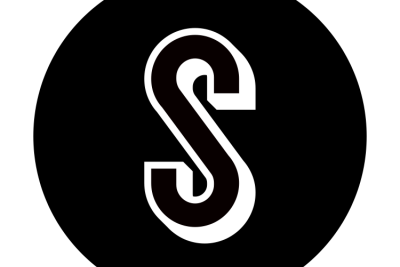New American Sign Language Club Seeks to Create a More Welcoming Campus

When First-year Criminal Justice and Psychology student Joshua Bonilla was looking for colleges to attend, he was on the lookout for schools that had an American Sign Language (ASL) Club. He had taken three years of ASL classes in high school and hoped that his college would have resources for students interested in ASL. Seattle University did not have an ASL Club. When Bonilla arrived, his solution was to create the club himself.
“I decided that if I was going to go with Seattle U, the first thing I wanted to do was set up a club for ASL so that students interested in the language could come and learn and get to know the community,” Bonilla said.
After coordinating with the university, disability services and reaching out to the Vice President of University Affairs for Student Government, Sarah Trapizona, Bonilla was able to host the first meeting of the ASL Club on Tuesday.
Students are already getting involved and contributing to the new campus group. First-year Criminal Justice and Psychology major Mikala Coley is excited for the opportunity to learn a language with which she’s tangentially familiar.
“I think what drew me into the club was my mom. She’s a speech pathologist, and she’s worked with a lot of people who sign. I never had the opportunity to really learn ASL, so when arriving at Seattle U, this was a club that catered to something I am interested in but had never been fully offered,” Coley said.
The ASL Club is searching for deaf or hard-of-hearing leadership and members, a process that is complicated due to medical privacy regulations and digital learning.
“As a hearing person, I wanted to initiate the club since it wasn’t initiated, but I didn’t want to lead it if we [already] had a deaf or hard-of-hearing student at the university who was interested in leading it,” Bonilla said.
The club is working to recruit new members and reach out to other clubs and organizations that serve deaf and hard-of-hearing community members, including the University of Washington’s ASL Club. The group is also advocating for a change in university policy to support students who have chosen to study ASL at other universities.
Fellowships Coordinator Erin Kwan, who is the staff advisor to the club, highlighted the efforts of the students in lobbying the school administration.
“[Bonilla] is working with Student Government [SGSU] to enact a change through a proposal that [will allow] ASL credits coming into Seattle University to count as language credits as they should, in my opinion,” Kwan said.
Allowing ASL credits to be transferred into Seattle U transcripts as language credits, rather than as electives, is just one component of the ASL Club’s mission to create a more inclusive campus for deaf and hard-of-hearing students.
“Seattle as a city and Washington State have big deaf and hard-of-hearing populations. Even if we don’t have a big population of the deaf and hard-of- hearing community right now at Seattle U, that doesn’t mean that in the future we can’t grow that. I want students who are in high school right now who are deaf and hard-of-hearing to see Seattle U as an option for them,” Bonilla said.
Creating a more inclusive academic atmosphere for students with auditory disabilities and training more interpreters is a national challenge. While some schools are working on making their ASL programs and clubs more robust, other schools still lack sign language resources.
“I went to a big public school in Texas, and we never even had an ASL Club. It wasn’t a culture that was talked about,” Coley said.
Seattle U’s ASL Club hopes to bring campus more conversations about sign language, auditory disabilities and the importance of recognizing ASL as a language worthy of study. Now that the club is registered with the Center for Student Involvement and is coordinating with other campus organizations, it is ready to make an institutional impact.
“I don’t want to speak for the deaf and hard-of-hearing community when it comes to the importance of ASL since it is attached to a much larger culture that I am unaware of, but I think language clubs as a whole are really important on campus, because they do offer a new avenue for folks to explore cultures and ways of communicating which they haven’t previously,” Kwan said.
The ASL Club meets bi-weekly on Tuesdays, and is open to new members. As the first club of its kind on campus, it is uniquely positioned to open a new conversation about language, inclusion and university policy for Seattle U students.

